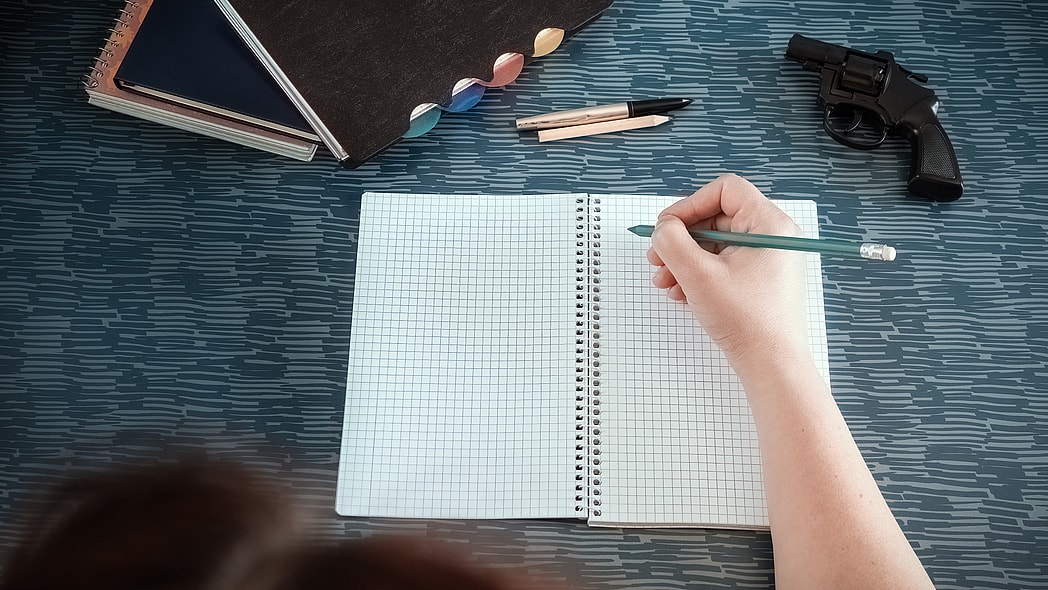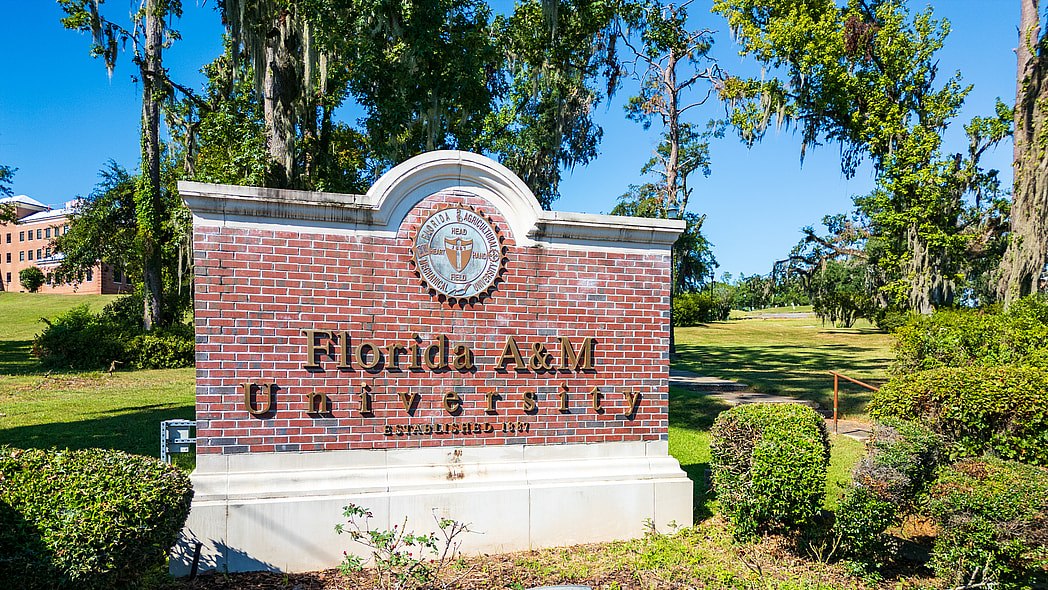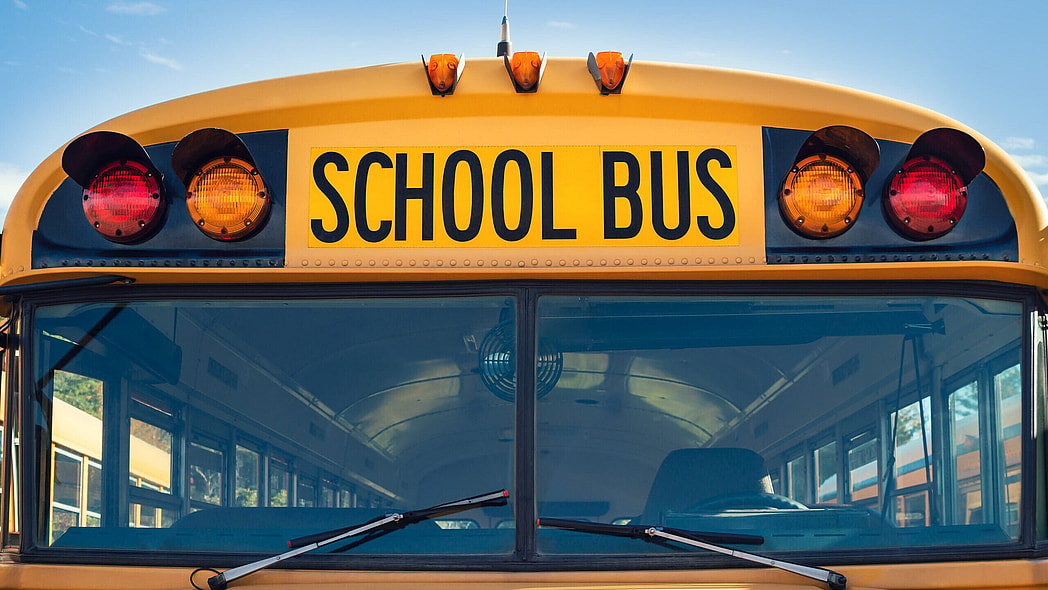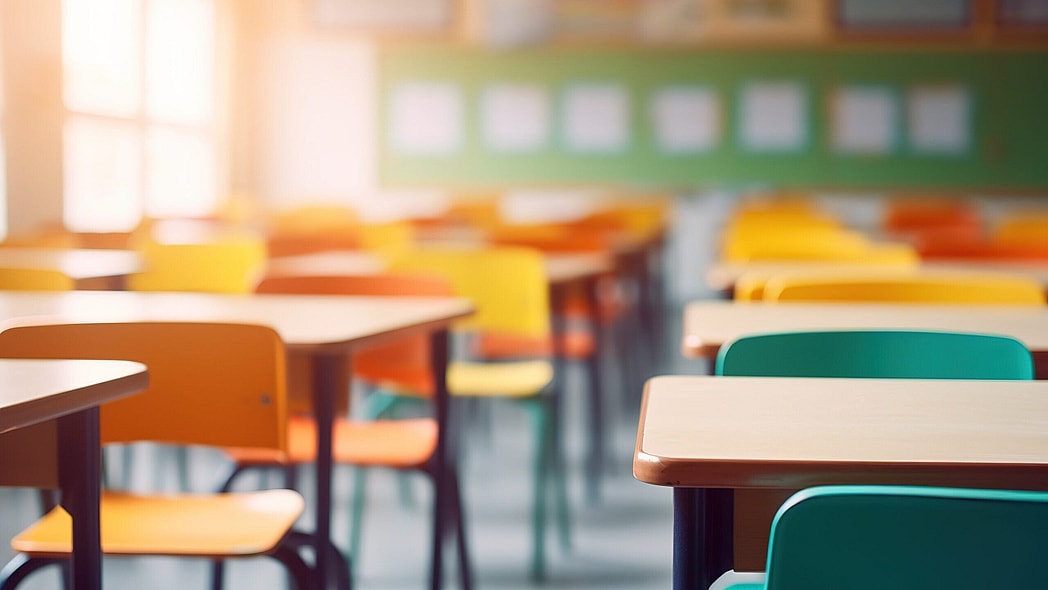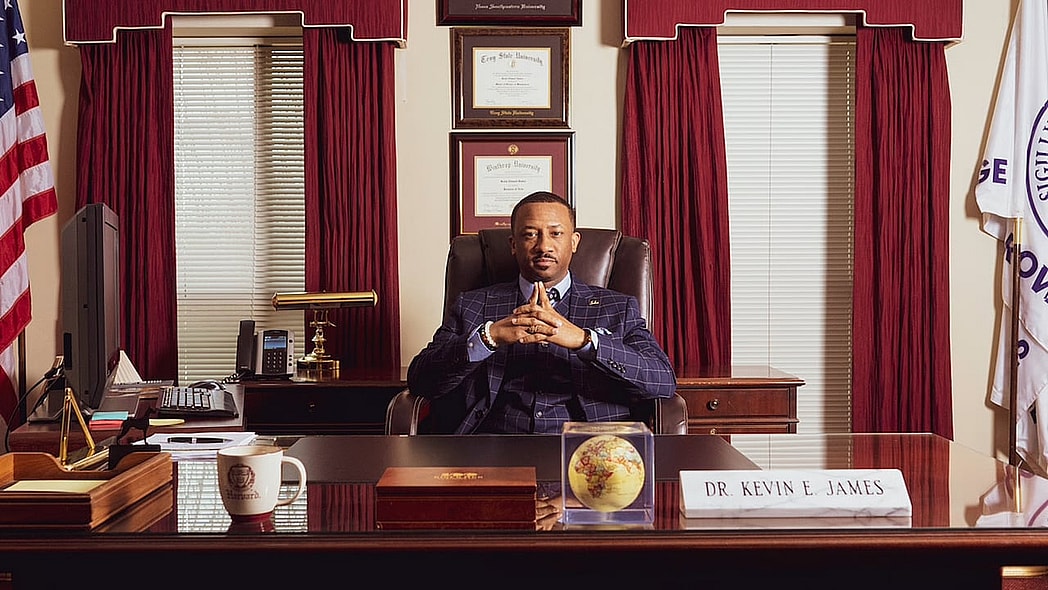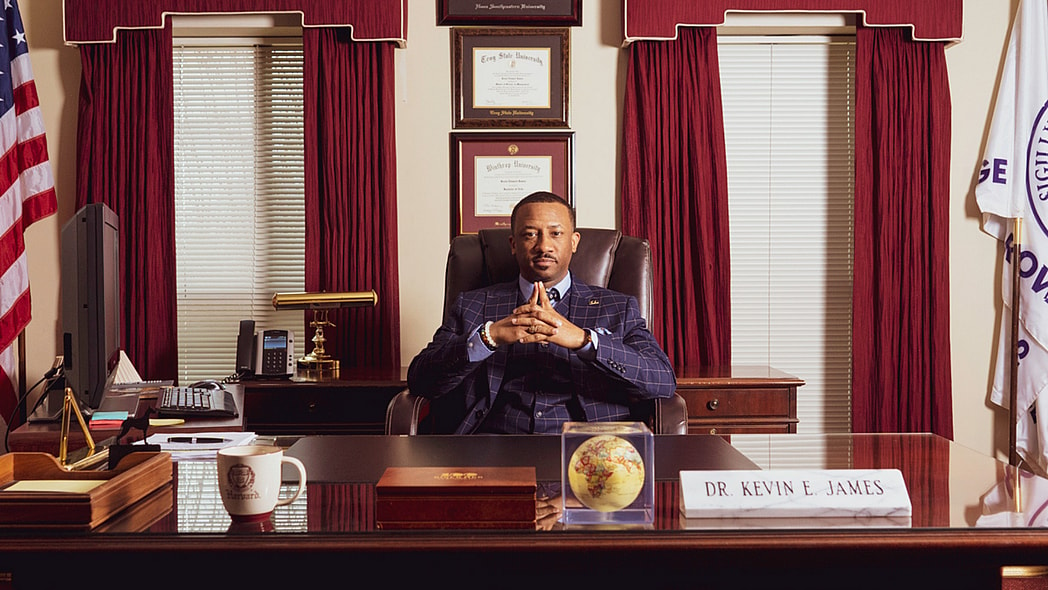Editor’s note: The following article is an op-ed, and the views expressed are the author’s own. Read more opinions on theGrio.
A generation of this nation’s students have grown into adulthood with their school years shaped by active shooter drills and police in schools. Lawmakers just cannot — or will not — take the necessary action to stymie the school shootings that have marred the education landscape for decades.
This political impotence has recently been exemplified in Tennessee, where, barely a year after the state’s deadliest shooting at Covenant School in Nashville claimed the lives of three adults and three nine-year-olds, some of the state’s conservative lawmakers passed a bill that will allow teachers and staff to carry concealed weapons. The bill passed with an overwhelming vote and was just signed into law by Governor Bill Lee, despite the pleas of protestors, including a Covenant School mom who delivered a letter with over 5,300 signatures, including from parents and medical professionals urging the measure’s defeat.
The bill’s proponents argue that it will help to fill gaps in school security where there is limited law enforcement presence, particularly in rural areas, and that requiring annual training, background screenings and conditioning applications on the approval of school principals and local law enforcement will address concerns about arming teachers.
However, giving teachers guns will not make schools safer.
Just as unarmed Black people are disproportionately victimized by police in communities, Black children are endangered by Tennessee’s law. Black children are already disproportionately subjected to overly punitive discipline. Tennessee’s law will allow educators to carry concealed weapons, without notice to parents or students about which educators are armed. Most alarming, this action is contrary to research that shows that punitive interventions, like heightened police presence in schools, have little positive impact on school violence. If guns in schools are the problem, then why are lawmakers passing bills to put more guns in schools? I argue that lawmakers are unwilling to enact evidence-based school safety interventions, like gun-control measures and restorative practices because they are committed to a narrative of “school safety” that is racialized, limited, and detached from research.
Many interventions implemented in schools in the name of “school safety” are racialized, meaning that they rely upon stereotypes about the criminality of Black youth. These stereotypes cast Black students as lazy, criminally minded, intellectually limited, and defiant. These stereotypes persist despite research showing that Black students do not misbehave more than their white peers. As a result, Black children are disproportionately subjected to overly punitive discipline interventions, including suspensions, expulsions, and arrests, that facilitate their exclusion from schools.
Education
Further, schools that have over 80% Black and Latinx children are more likely to have police on site, often known as school resource officers (SROs). The presence of SROs increases the likelihood of Black students’ arrest and early involvement with the criminal legal system — often for minor offenses like dress code violations (which particularly impact Black girls). This is the school-to-prison pipeline. In addition, police presence in schools is more likely to foster hostile school climates that make many students feel unsafe. A recent study found that support for arming teachers is associated with racial resentment.
Impacted students suffer the consequences of punitive discipline practices, including loss of valuable instruction time, decreased likelihood of graduating on time, and increased likelihood of repeating a grade. Black children bear the brunt of punitive discipline interventions enforced on the pretext of school safety, while the most fatal school violence, in the form of school-targeted shootings, is more likely to occur in predominantly white, suburban school communities. However, these discipline practices persist as the public narrative surrounding school safety has been narrowly focused on these horrific, yet relatively rare, acts of school shootings.
In addition to subjecting Black students to the consequences of these discipline practices, the limited public narrative on school safety obscures other forms of violence taking place in schools. This includes curricular violence, like bans on the teaching of the contributions of Black Americans and other historically marginalized groups, like LGBTQIA+ people to this country, such as Tennessee’s 2021 law prohibiting the teaching of so-called “divisive concepts” like racial inequality. In addition to curricular violence, many students are also impacted by violence in the form of disinvestment in their education. Tennessee is ranked among the most inequitably funded education systems in the nation, falling at 44th in the nation among per pupil expenditures. These funding inequities disproportionately impact low-income students in segregated schools who are deprived of resources such as experienced educators, college-preparatory courses, and quality facilities. Instead of putting more guns in schools, Tennessee lawmakers should use their legislative power to invest in interventions that have been found to promote genuine school safety.
These interventions should be evidence-based, community-driven and responsive to what students indicate they need to feel safe in schools. School safety should be defined by the students, school staff and leaders, and other members of the school community, and may look different in every school. To aid school stakeholders in identifying the interventions that can work for them, researchers have identified several interventions and practices shown to promote safety and inclusion, such as restorative practices, social and emotional learning, multi-tiered systems of behavioral supports, and ongoing training on bias for all adults in the school who interact with young people. These interventions must be adjusted for the particular school context and implemented in culturally responsive ways.
Arming teachers will only escalate the harm that current discipline interventions inflict on Black students — likely with deadly consequences. Instead of putting more guns in schools, lawmakers must demonstrate political courage and implement gun-control and safety measures and invest in evidence-based interventions, crafted with community input, that are responsive to school-specific needs, that can promote genuine safety for all students.

Janel George is an Associate Professor of Law at Georgetown University Law Center. Her work and scholarship focus on racial stratification and inequality in U.S. education. She has written about the resegregation of public schools, discriminatory school discipline practices, Critical Race Theory, and resource equity. She has served as Legislative Counsel in both the U.S. House of Representatives and the U.S. Senate, during which time her legislative portfolio included child welfare, civil rights, and education issues. As a civil rights attorney with the NAACP Legal Defense and Educational Fund, Inc. (LDF), she worked with several campaigns and coalitions to leverage legislative and policy advocacy to advance equal educational opportunity. She also helped to advance the federal policy work of the Dignity in Schools Campaign, including securing provisions related to promoting positive and inclusive school climates in the federal Every Student Succeeds Act. She has also worked with non-profits on a variety of state and federal policy issues and has served as an adjunct professor at Georgetown Law and Georgetown University’s McCourt School of Public Policy.

